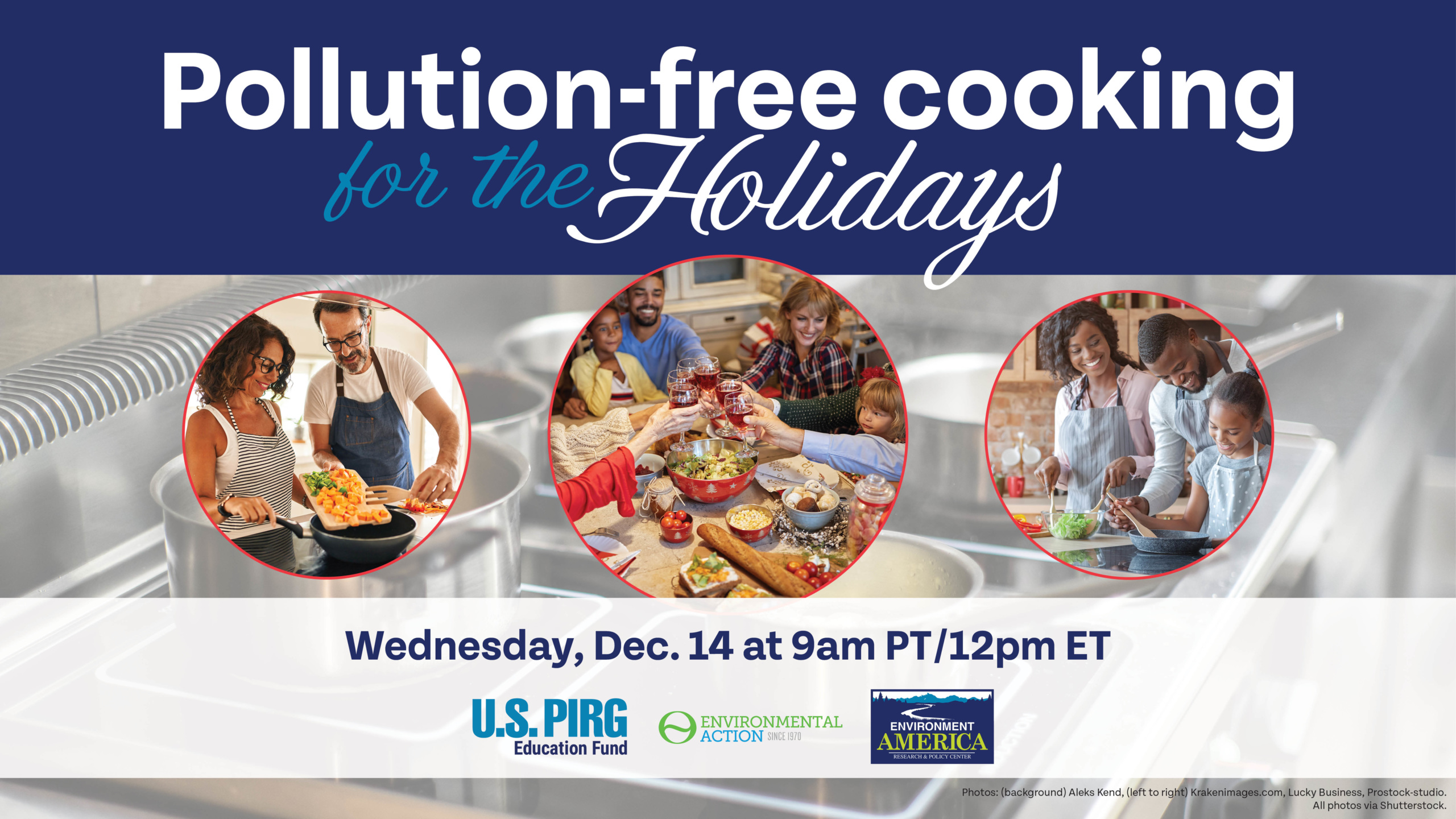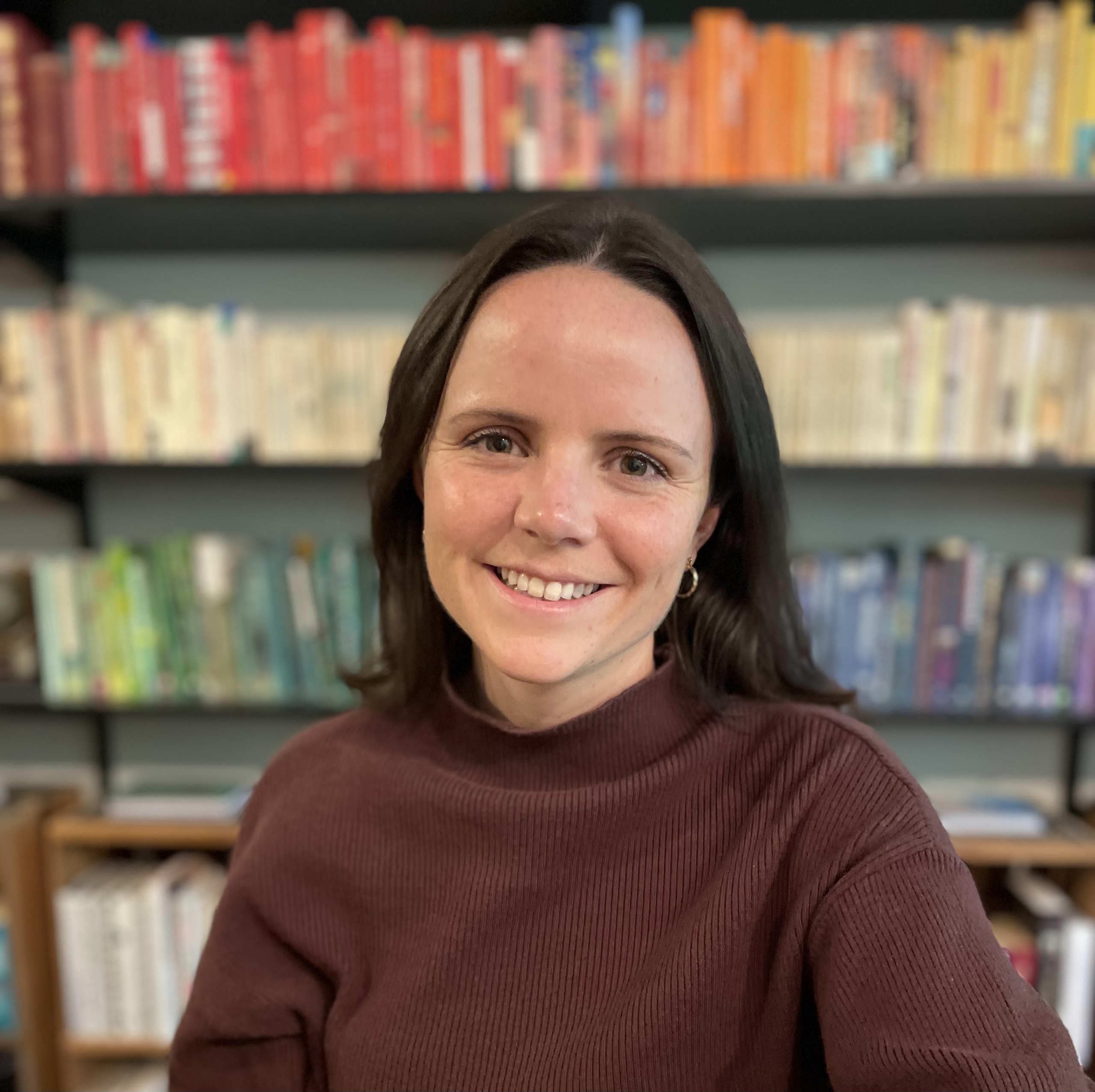
How to take action for International Compost Awareness Week
This annual week of awareness presents an opportunity for education and action
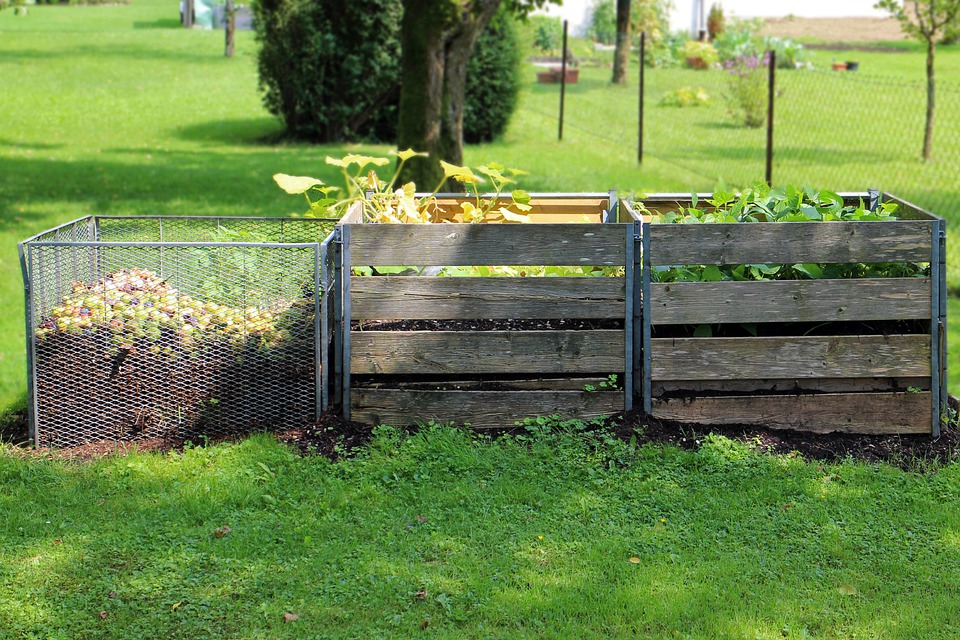
It’s International Compost Awareness Week! The goal of this annual week of awareness is to bring groups and individuals together from around the world who are working to raise public awareness on why we all should be composting. Whether you’re an individual who wants to start composting in your own kitchen or backyard or the head of a major company or institution looking to adopt composting on a large scale, we can all play a role in ensuring food waste and other organic waste gets composted rather than landfilled.
Why does composting matter?
When organic waste such as food scraps, yard trimmings, and paper decomposes in landfills, it produces methane, a greenhouse gas that warms the atmosphere faster than carbon dioxide. When we compost that waste instead, the aerobic decomposition process prevents the production of methane emissions. Meanwhile, “finished compost” (the end product when organic waste has broken down) is a nutrient rich soil that can be applied as fertilizer, helping farmers, gardeners, and landscapers alike.
Across the U.S., we’re not doing as much as we could to compost. According to the Institute for Local Self Reliance, more than 50% of typical municipal garbage set out at the curb is compostable. A whopping 21% comes from food scraps alone – many of which were edible, which is why we’re working to reduce food waste.
The best way to reduce the climate and other environmental impacts of all that waste is to not produce so much stuff in the first place – for example, we currently produce more than enough food to ensure every hunger person is fed, and we’d still have an enormous amount of surplus food that would get set to landfills. But the reality is, despite our best efforts, some food will go bad before it gets eaten, and some food parts are just inedible scraps. Rather than throw them in the trash, we could be reducing climate emissions and producing a rich resource by composting our food scraps, yard trimmings, and other organic waste.
What can you do?
- Start by composting in your own home. Check out our resource on how to save food and prevent waste to find more info, tips, and resources.
- Once you’ve got that down, make a plan for your finished compost. Composting your waste rather than landfilling it is great, but you can double your impact by ensuring your finished compost helps restore our soil and feed a garden or a farm. If you don’t have a use for finished compost, ask your neighbor who gardens if they would like your compost and knows anyone else who would like some too. Landscapers, farmers, or even proud indoor plant parents could use compost, so think of who you know and ask.
- Finally, think about how you can make it easier for others to compost.
- Friends & Family: This could be as simple as sharing what you learned in the process with your compost-curious friends and family members and teaching them how to compost in their own yards or apartments. If you want to go a step further, you could even gift them a composting setup (whether that’s a subscription to their city’s compost pickup, a homemade backyard bin, or a state of the art kitchen composting device).
- Workplace: Ask your workplace to contract with a composting facility to deal with all that office food and compostable paper waste.
- School: Ask your school or your child’s school about adopting composting (and if you have the resources, volunteer to lead that project).
- Community: Call on your city to adopt curbside composting alongside its trash and recycling services.
Your decision to start composting, or to start spreading awareness about composting, can have significant ripple effects.
Topics
Authors
Danielle Melgar
Food & Agriculture, Advocate, U.S. PIRG Education Fund
Danielle works to ensure our food system produces enough nutritious food to feed everyone, without threatening our health, the planet, or the ability of future generations to grow food. Danielle lives in Chicago, where she enjoys staying active in the outdoors, trying out new recipes, and writing short stories.
Find Out More
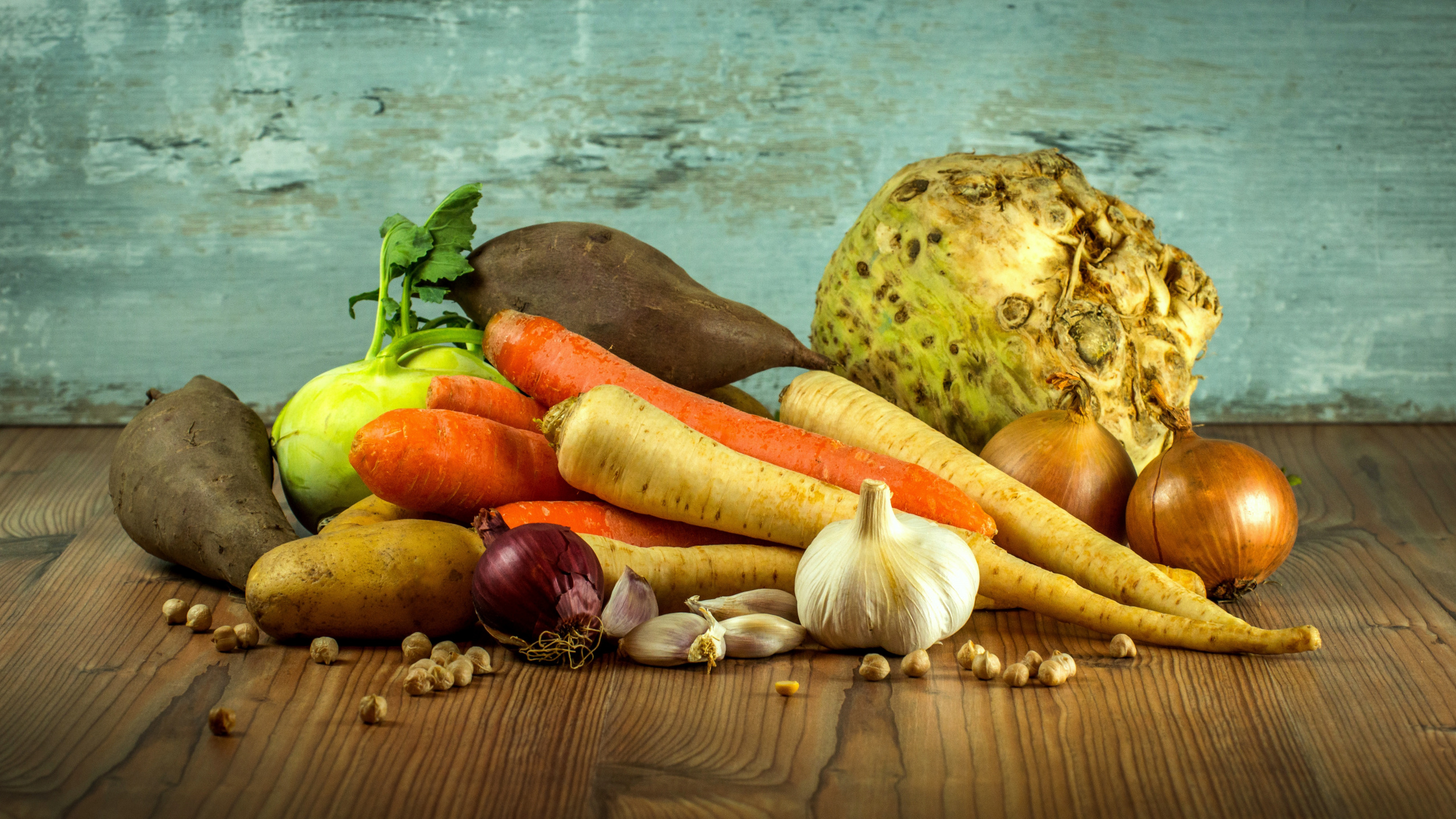
How to reduce your foodprint for your 2022 New Year’s resolution
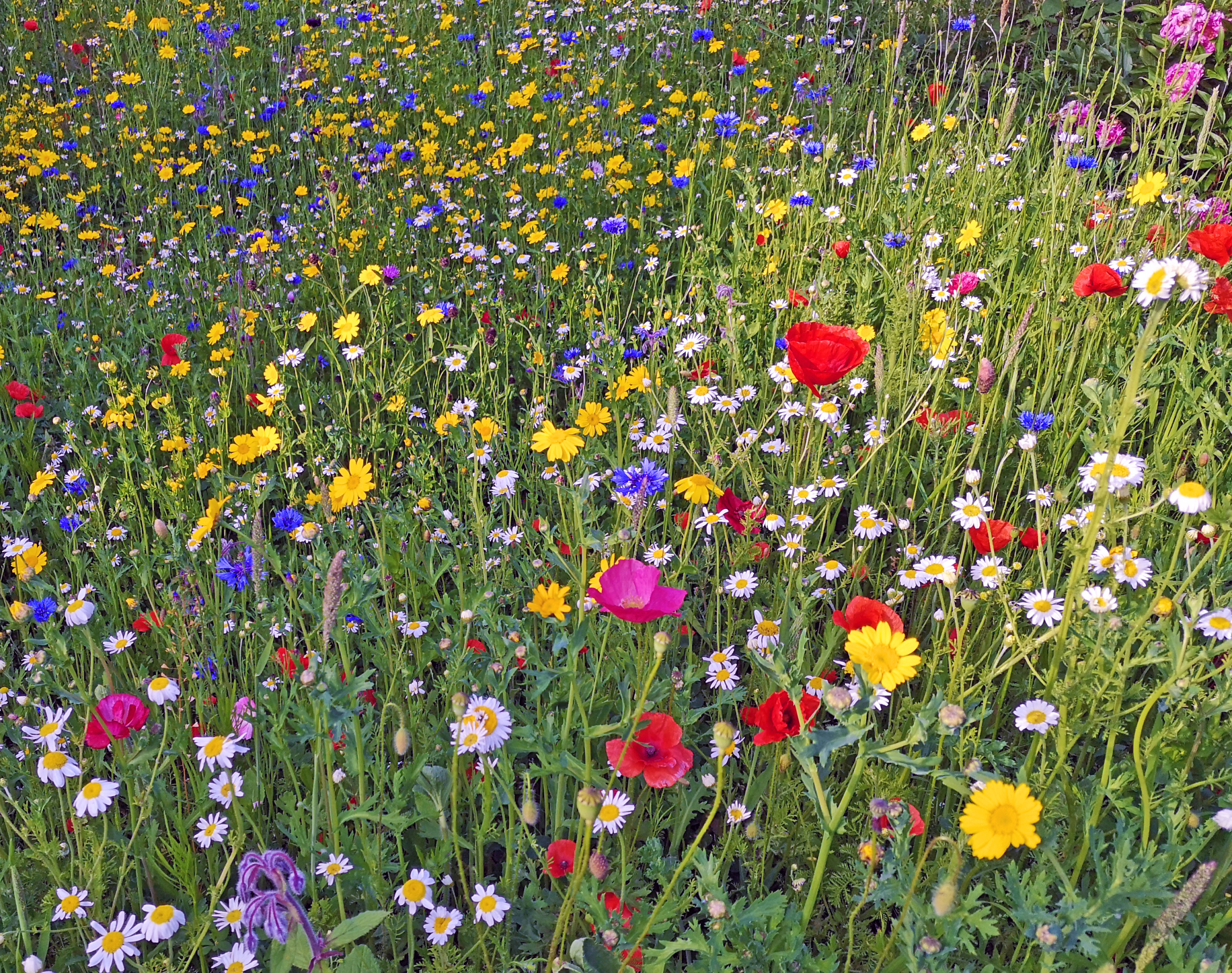
Do I really need to mow my lawn?

Denver Auto Show highlights new electric vehicles
